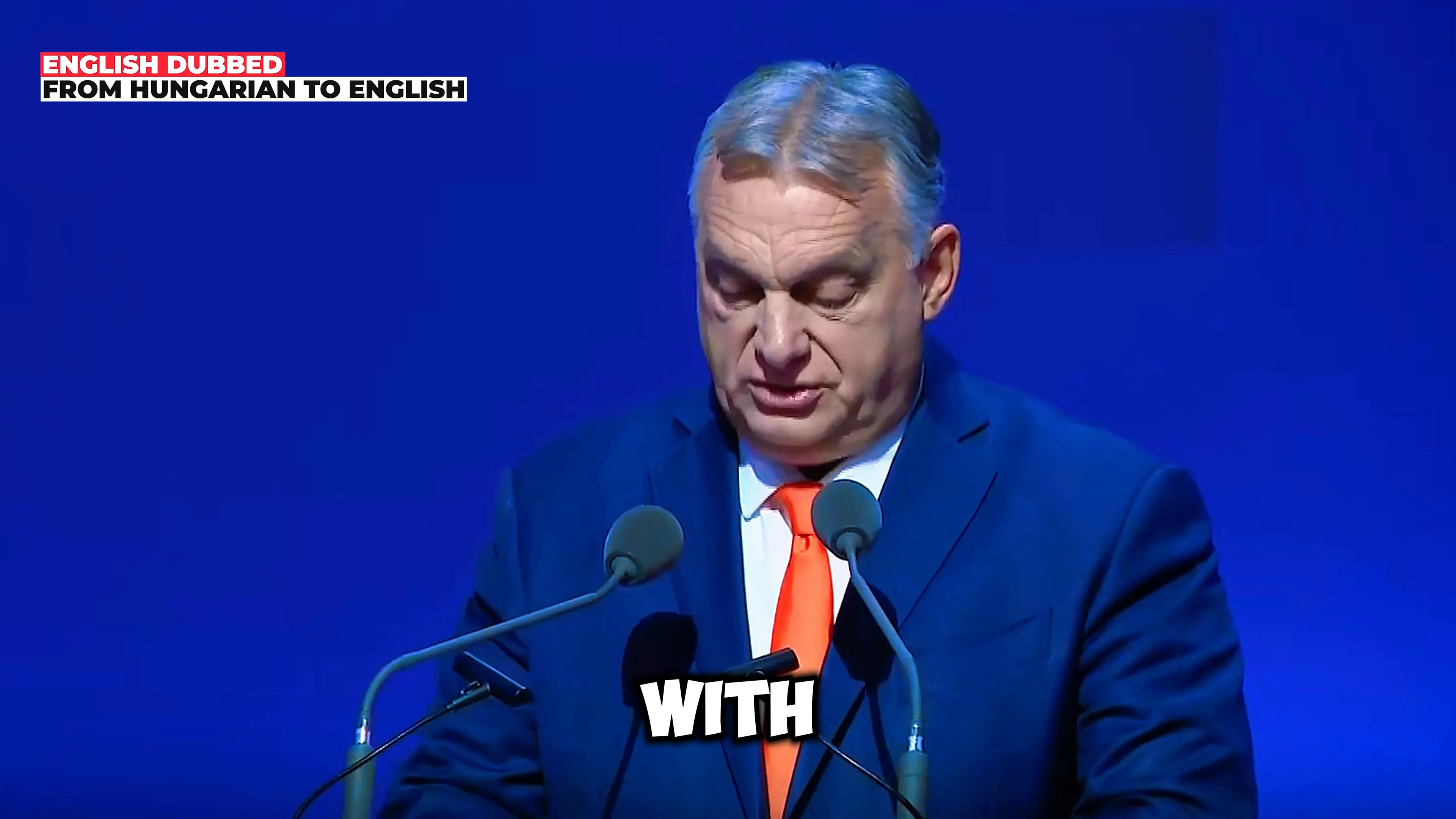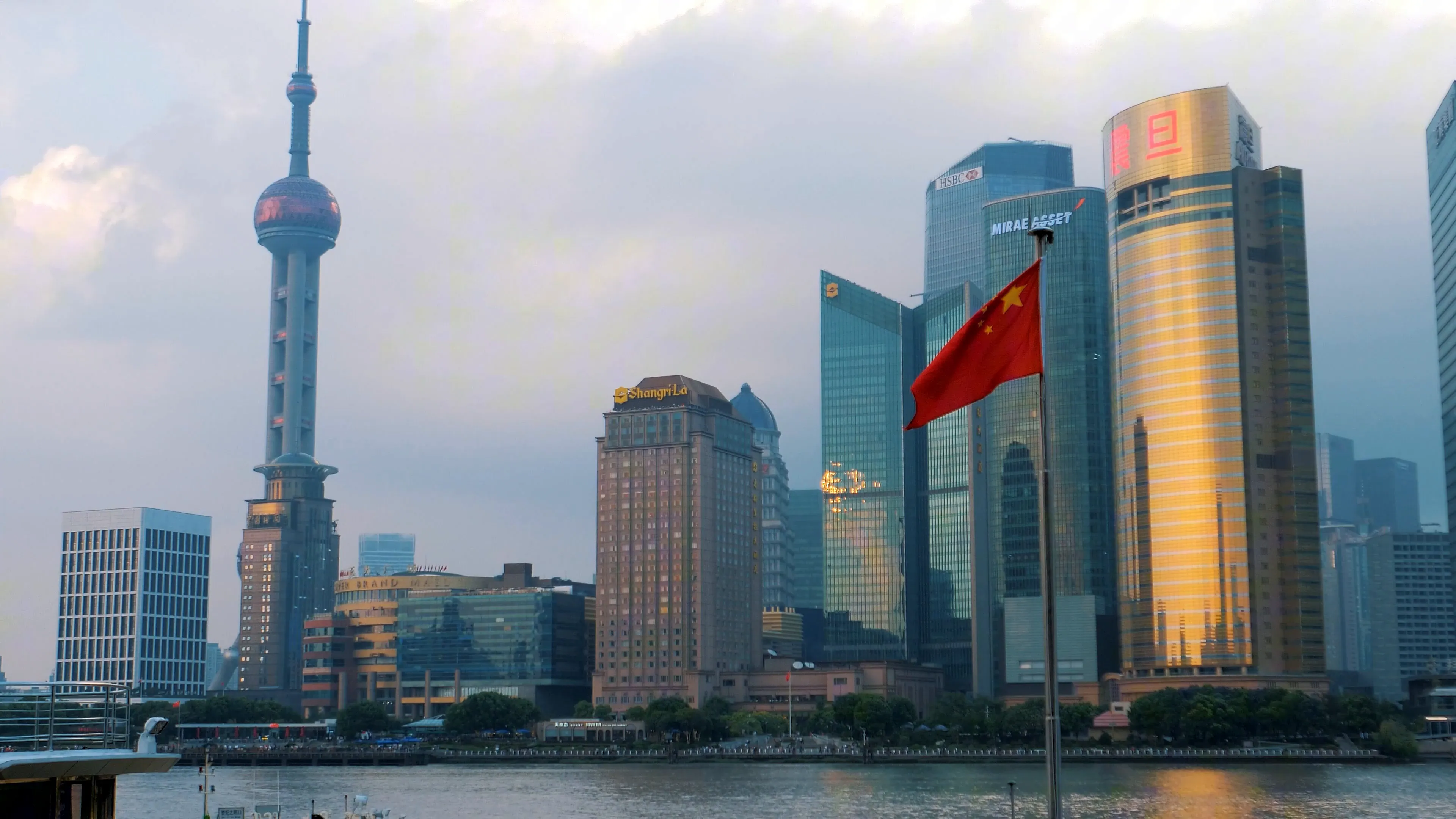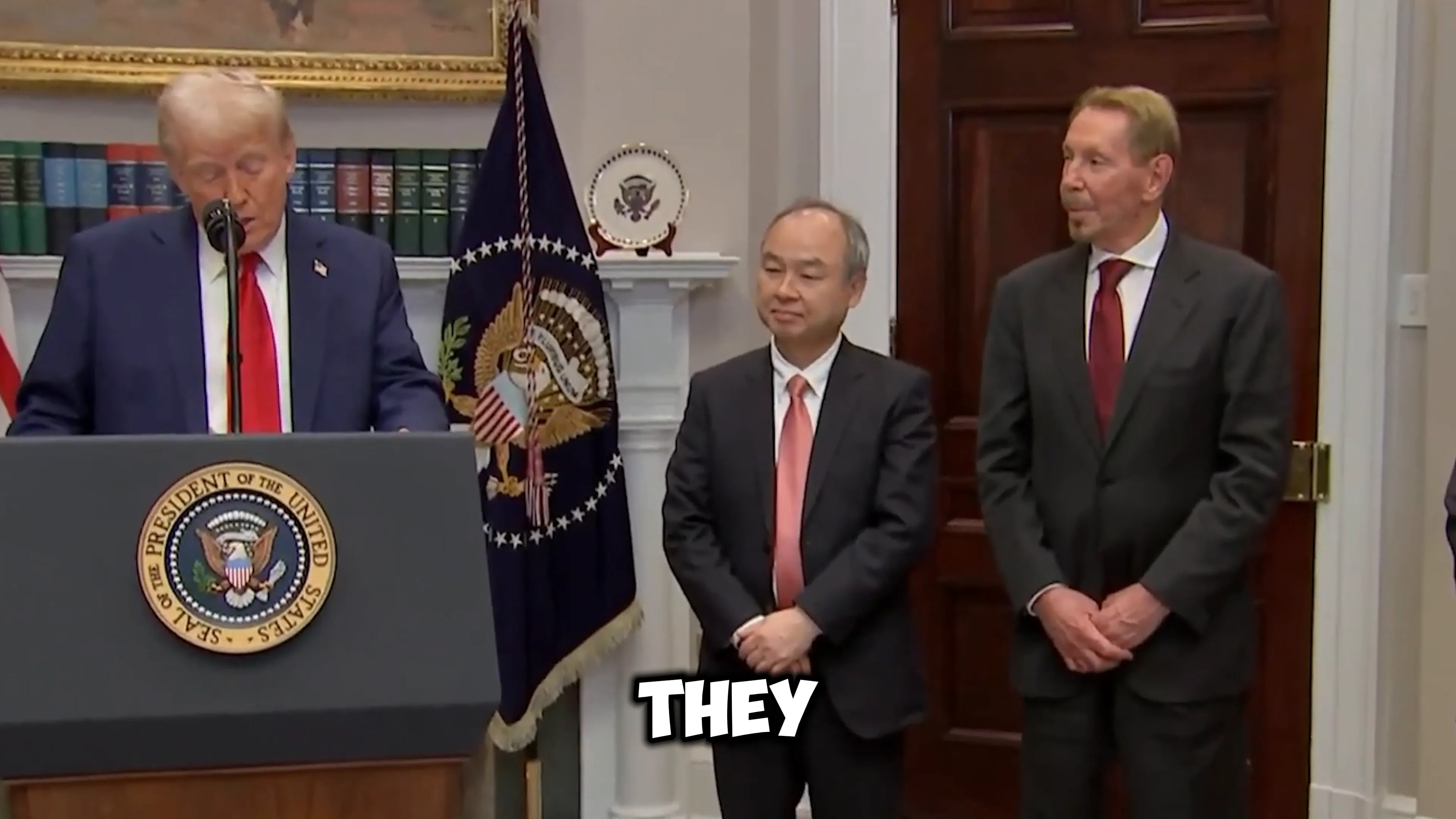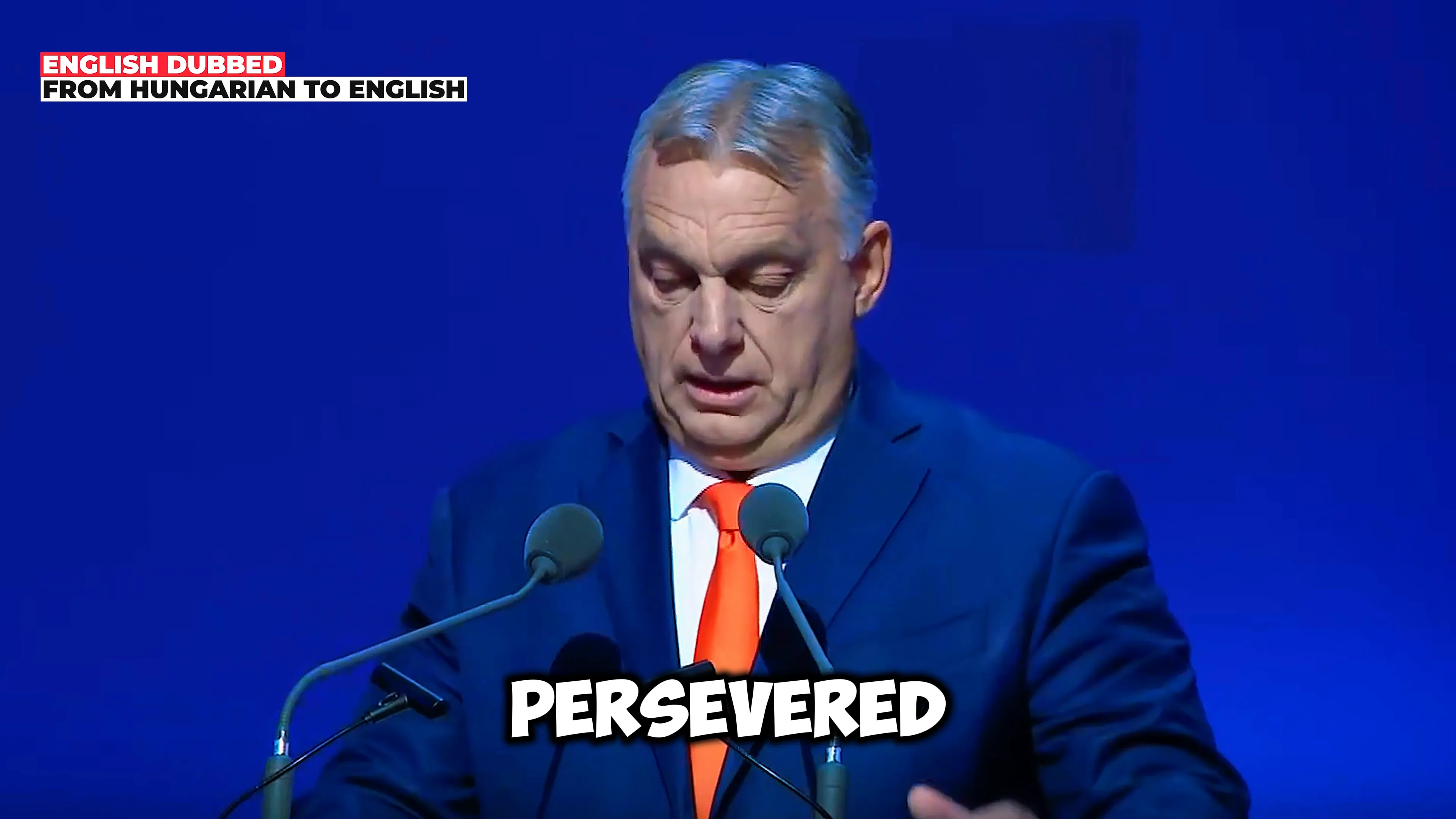As Hungary concludes its presidency of the EU Council, Prime Minister Viktor Orbán asserts that this is not an end but a new beginning. In a passionate address, he highlights the need for a shift in Europe’s political landscape, emphasizing Hungary’s commitment to sovereignty and economic independence amidst global power shifts.
Introduction and Overview of Hungary’s Presidency
Hungary’s presidency of the EU Council has marked a significant chapter in the nation’s history. As we reflect on this period, it becomes clear that it was not just a routine leadership term but a catalyst for change and a new direction in European politics. The achievements during this presidency are a testament to the hard work and dedication of countless individuals committed to the vision of a sovereign and economically independent Hungary.
Prime Minister Viktor Orbán emphasized that the end of the presidency is merely a new beginning. A new era has emerged, one that recognizes the shifting power dynamics within Europe and the world at large.

The New Era: Transitioning Power Dynamics
The global landscape is changing, characterized by the rise of new powers and a reevaluation of traditional alliances. The Anglo-Saxon world order, which has long dominated international relations, is facing unprecedented challenges. As we step into this new era, it is essential to understand the implications of these shifts for Hungary and Europe.
The emergence of Asia as a central player in global politics cannot be ignored. Countries like China are redefining their roles, moving from mass production to high-value innovative industries. This transition is not just economic; it is a shift in the balance of power that affects all nations, particularly those in Europe who must adapt or risk being left behind.

Challenges of the Current World Order
The current world order is fraught with challenges that require a robust response. The ongoing conflict in Ukraine, for instance, has highlighted the vulnerabilities of European nations. The stakes are high, and the consequences of inaction are dire. If Europe continues to ignore these realities, it risks losing its competitive edge and economic stability.
Moreover, the economic policies adopted by the West have led to stagnation. The focus on ideological commitments over economic realities has resulted in inflation and declining wages. This situation necessitates a reevaluation of priorities and strategies to ensure the prosperity and security of European nations.
Critique of Western Liberalism and Economic Policies
In recent years, Western liberalism has been criticized for its failure to deliver sustainable economic growth. The rise of “woke capitalism” has shifted focus from performance and competitiveness to ideological posturing. This shift has not only hampered economic progress but has also alienated many citizens who are frustrated with the current system.
As Hungary navigates this landscape, it is crucial to advocate for policies that prioritize economic performance over ideological conformity. A return to fundamental principles of capitalism, where competition and innovation are celebrated, is essential for revitalizing the economy.

The Importance of Peace and Diplomatic Efforts
In the face of war and conflict, Hungary has championed the cause of peace. The Hungarian presidency raised the flag of diplomacy, advocating for ceasefire negotiations and dialogue among conflicting parties. The belief that communication is key to resolution is central to Hungary’s approach and reflects a commitment to stability in Europe.
While many member states may have opposed peace initiatives, Hungary’s perseverance in this regard demonstrates a commitment to the greater good. The need for diplomatic channels is paramount, especially in a time when military actions threaten the very fabric of European stability.

Hungary’s Strategic Initiatives in the EU
During its presidency, Hungary took significant steps to strengthen its position within the EU. Initiatives aimed at integrating the Balkans and facilitating Romania and Bulgaria’s accession to the borderless European region were critical. These efforts reflect Hungary’s commitment to fostering unity and cooperation among European nations.
Furthermore, Hungary has made strides in addressing demographic challenges and recognizing the importance of cultural identity. By launching consultations on migration policies and fostering discussions on national sovereignty, Hungary is paving the way for a more cohesive European identity.
The New Economic Policy for Hungary
As Hungary moves forward, a new economic policy has been launched, focusing on neutrality and independence. The overwhelming support from the population for this policy underscores its importance in shaping Hungary’s economic trajectory. This approach seeks to balance the need for economic growth with the preservation of national sovereignty.
By emphasizing consumption over labor in tax policies, Hungary aims to create an environment conducive to investment and job creation. The focus on families as the cornerstone of society ensures that economic growth translates into improved living standards for all citizens.
As these initiatives unfold, Hungary stands at the forefront of a new economic paradigm, prepared to navigate the challenges and opportunities presented by the evolving global landscape. The commitment to sovereignty, identity, and economic independence will guide Hungary as it endeavors to become a leader in the new world order.
For a deeper understanding of these topics and more, I encourage you to watch the full video available at this link.
Economic Neutrality and the EU’s Isolation
The European Union has found itself increasingly isolated under the leadership of its current bureaucrats. While they label Hungary and other nations as isolated, the reality is quite different. The EU has distanced itself from key global players, including the United States, China, and Russia, creating a precarious position for its member states.
By characterizing Donald Trump as a demon, European liberals have not only damaged relations but also forgotten the impact of their rhetoric on future administrations. This isolation extends to economic partnerships, as the EU’s tariff wars with China and the ongoing conflict with Russia have severed crucial ties that once benefited European economies.
Brussels’ Failures and Hypocrisy
The hypocrisy of Brussels is evident. While European leaders claim to break away from Russian energy supplies, the reality is that liquefied natural gas from Russia continues to flow into Western Europe. European corporations have cleverly navigated sanctions, procuring oil through back channels, undermining the very sanctions they advocate.
In stark contrast, Hungary has crafted a strategic approach that fosters cooperation with significant global players. We have maintained open channels with Russia for energy security, welcomed Chinese high-tech investments, and established fruitful relations with African nations, recognizing their potential for future collaboration.
The Future of Hungary and EU Relations
As we look to the future, the relationship between Hungary and the EU will be shaped by our commitment to the interests of the Hungarian people. The focus of our presidency was not just about navigating Brussels politics but prioritizing the well-being of our citizens. This approach will continue as we align our policies with national interests rather than the flawed strategies of the EU.
While the EU may be in poor health, Hungary aims to remain robust and independent. It is essential to recognize that the success of Hungarian economic actors is influenced by the EU’s economic regulations.
Addressing the EU’s Health and Stability
The current state of the EU is alarming. It struggles to ensure peace, prosperity, and security for its member states. The ongoing conflict in Ukraine exemplifies the union’s inability to provide stability, and the agricultural sector faces dire prospects with the potential inclusion of Ukraine into the EU.
Hungary’s presidency has openly addressed these issues, advocating for straightforward political approaches rather than bureaucratic evasions. The EU’s crises are deep-rooted, and addressing them requires a serious reevaluation of existing policies.
Political Strength and the Need for Change
Change is not just desirable; it is essential. Hungary stands as an opponent to the Brussels system, advocating for reforms that prioritize nation-state sovereignty over the expansion of a supranational bureaucracy. This change must be pursued with determination and strategic political engagement.
Our strength lies in our connection to the European citizens, not in the approval of the left-liberal elite in Brussels. Recent shifts in European politics, with a new right-wing majority emerging, provide a promising opportunity to challenge the status quo and push for a new direction.
Conclusion: A Call to Action
The time has come for Hungary to lead the charge towards a new era in European politics. We are not merely spectators in this process; we are active participants shaping our destiny. The future of Hungary and its relationship with the EU will be one defined by sovereignty, economic independence, and strategic partnerships.
As we navigate these complexities, we must remain vigilant and committed to preserving our national interests. The road ahead will undoubtedly be challenging, but with unity and determination, we can emerge stronger. Let us embrace this opportunity for change and assert our place in the new world order.
For a deeper understanding of these topics and more, I encourage you to watch the full video available at this link.
